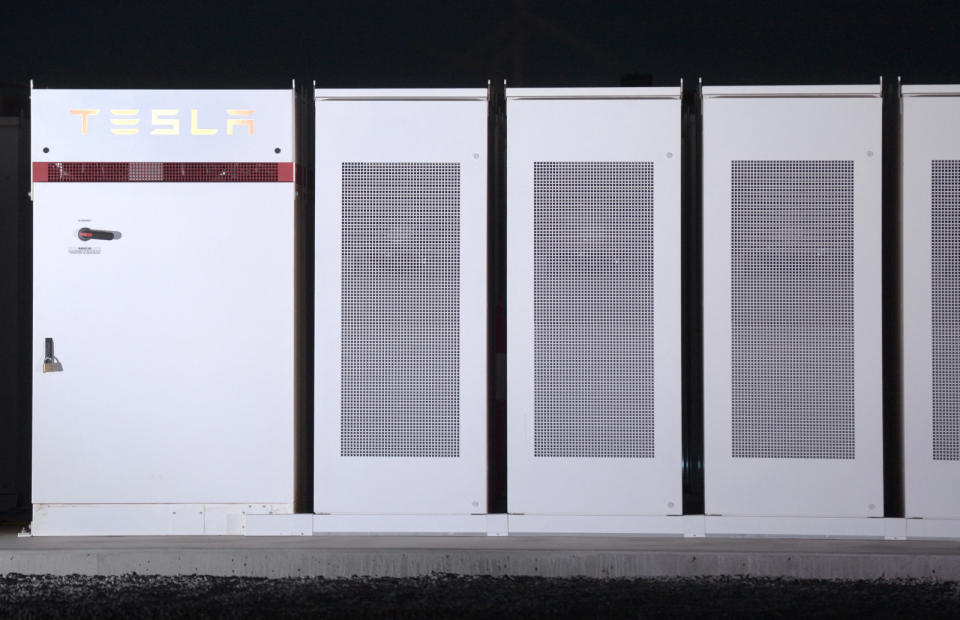After Math: Here turkey, turkey, turkey
Get a load of them gobblers.
Black Friday's annual madness capped off a holiday week jam packed with more major news breaks than you can stuff in a 10-pound bird. Uber was caught covering up a security breach impacting 57 million of its customers while the FCC revealed its plan to end net neutrality. We also saw the DOJ indict the HBO hacker and the Engadget Experience roll through LA. Numbers, because how else will you wager on presidential turkey pardons?

$100,000: That's how much Uber allegedly paid a pair of hackers to cover up a massive security breach that compromised 57 million user accounts. The kicker: this breach happened nearly a year ago. You might want to start changing your passwords again. Especially if you live in Colorado.

200 pages: That's the length of the FCC's proposal to revoke the net neutrality protections which was unveiled on Tuesday. It effectively eliminates government oversight of ISPs and could drastically change how (and which) Americans access the internet. The FCC will vote on this proposal on December 14th, call your congress rep at (202) 224-3121 and tell them you don't want this to happen.

$6 million: That's how much an Iranian hacker allegedly tried to extort from HBO after absconding with unreleased episodes of popular series -- not to mention scripts, employee information and online credentials. He's been indicted but doesn't reside in the US and therefore remains outside of the DOJ's jurisdiction... soooooo, shrug emoji?

1 brushstroke: That's all a new AI-powered counterfeit art detection system developed by Rutgers University needs to spot even the most convincing fake. Trained on 80,000 individual strokes, this system can easily tell a Picasso from a Matisse.

$500,000: That's how much Engadget gave five rising artists to help realize their visions at the Engadget Experience in LA.

$50 million: That's how much money Tesla saved by cobbling its gigantic Powerpack battery array in South Australia together in under 100 days. The new system will be charged by renewable solar and wind sources and provide power to 30,000 area homes.

126 million: That's how many Facebook users Russian-backed political ads reached during the 2016 election who should visit the company's explanatory page as soon as it comes online.

































